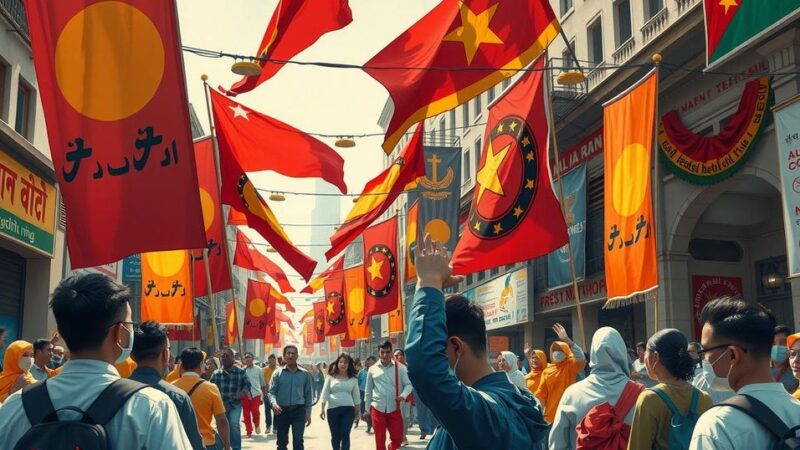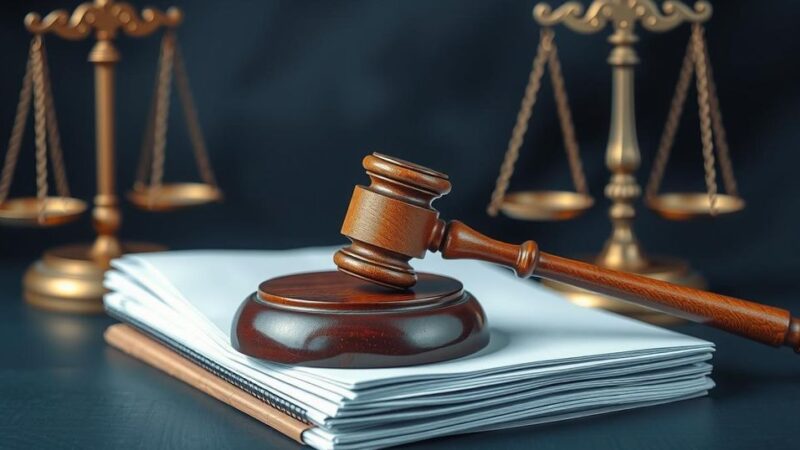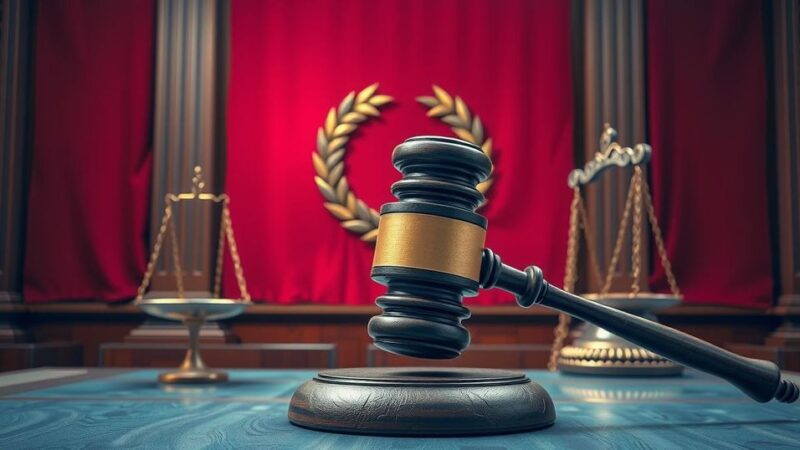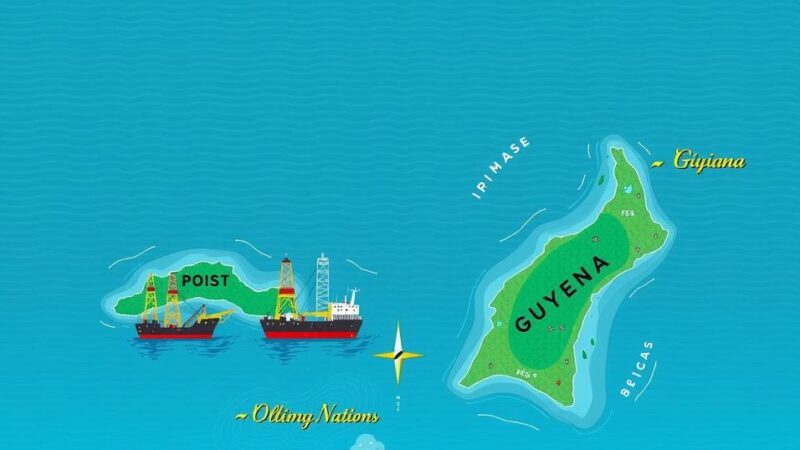The Trump administration has begun deporting Venezuelans accused of gang affiliations to El Salvador, despite a judicial order against such actions. This event raises critical legal issues as the administration utilizes the Alien Enemies Act for rapid expulsions, while the Venezuelan government denounces the actions as violations of international law. Legal challenges continue amid this controversial initiative.
The Trump administration has commenced the deportation of hundreds of Venezuelans alleged to be associated with gangs, sending them to a prison in El Salvador. This action raises significant questions regarding U.S. immigration laws, especially as federal judges had issued orders against such flights. Yet, White House officials expressed satisfaction that the transfers were successfully executed.
El Salvador’s President, Nayib Bukele, shared a video on social media showing handcuffed men being escorted from a plane and into a prison. Prison staff were seen shaving the men’s heads, highlighting the severity of their arrival. This operation marks a unique agreement between the two nations to repatriate suspected gang members amidst ongoing legal scrutiny in U.S. courts.
The Trump administration aims to leverage the Alien Enemies Act of 1798 to expedite deportations, specifically targeting members of the Tren de Aragua gang. However, Judge James Boasberg of the U.S. District Court in Washington issued a temporary restraining order to halt these deportations after the executive order was announced. His ruling came just before the deportees’ transfer, raising concerns regarding compliance with legal procedures.
Bukele mocked the court ruling via a social media screenshot, indicating that the deportation was already executed. Meanwhile, the Venezuelan government condemned the actions as violations of U.S. and international law, claiming that the application of the Alien Enemies Act equates to crimes against humanity. They emphasized the dangers posed by such deportations.
Senator Marco Rubio reported on social media that the U.S. had deported dangerous key leaders of the MS-13 gang, along with over 250 alleged gang members. He touted that El Salvador is prepared to manage these deportations in its facilities. Two leaders named, Cesar Humberto Lopez-Larios and Cesar Eliseo Sorto-Amaya faced severe charges and were both previously linked to homicides in El Salvador before their arrest in the United States.
The ongoing deportation of Venezuelans to El Salvador, particularly those accused of gang affiliations, has sparked significant legal disputes and international condemnation. This situation epitomizes the Trump administration’s aggressive immigration policies under the Alien Enemies Act. With federal courts engaged and responses from both the El Salvadoran and Venezuelan governments, this deportation effort will likely continue to face legal and ethical challenges.
Original Source: www.arkansasonline.com






